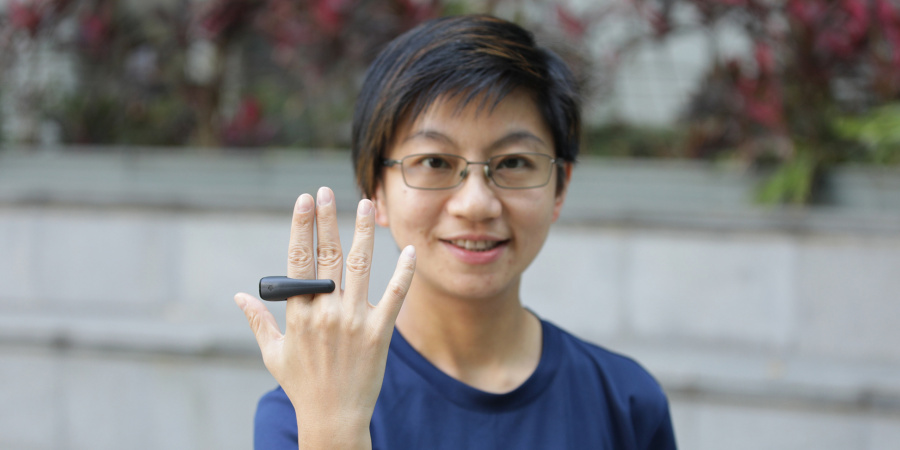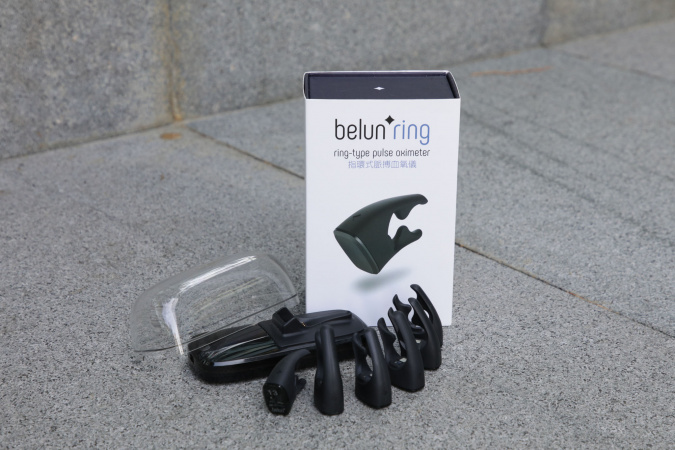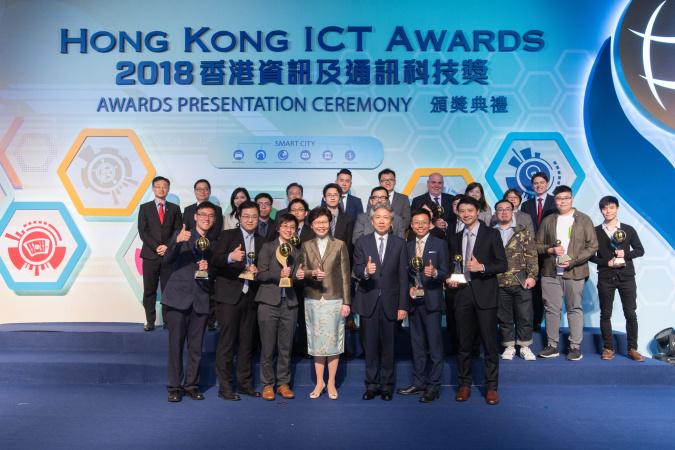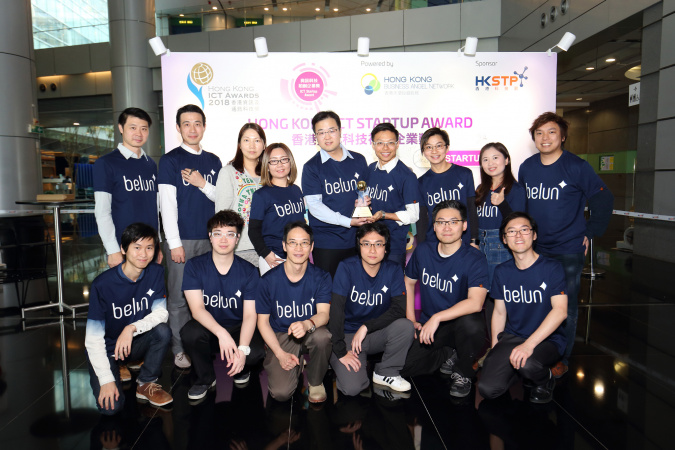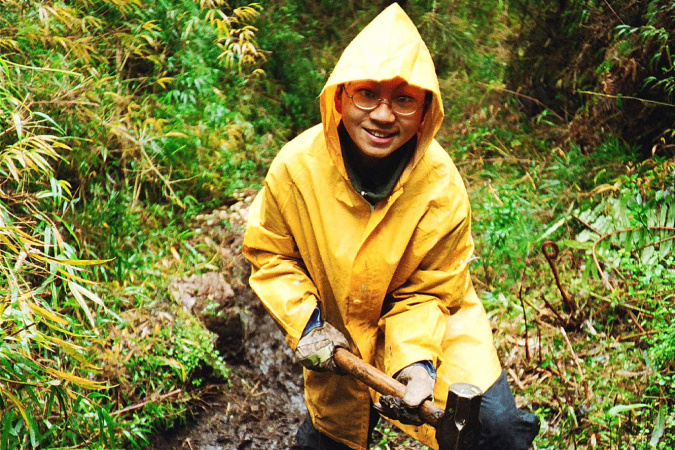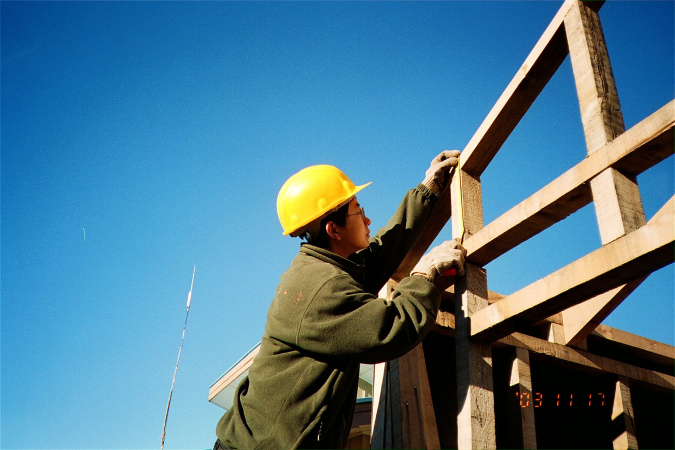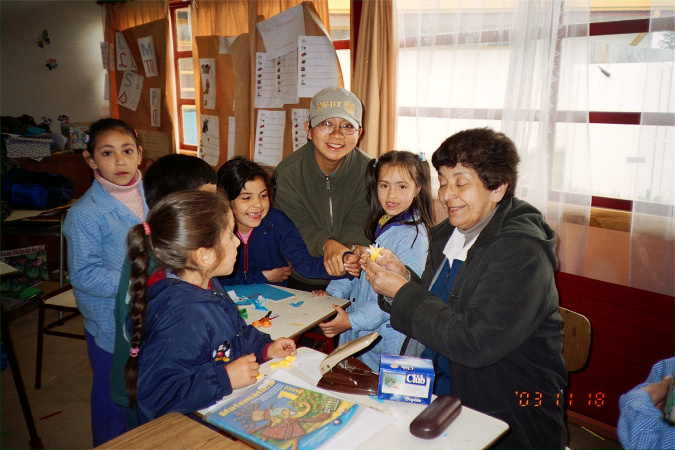Dr. Lydia Leung - ECE Alumna Making a Difference in the World Via Engineering Start-up
At the presentation ceremony for the Hong Kong ICT Awards on April 4, 2018, which aim to promote innovation in Information and Communications Technology (ICT), HKSAR Chief Executive Mrs Carrie Lam presented the Award of the Year to Belun Technology, the company that developed the BelunTMRing – a globally unique device for obstructive sleep apnea pre-screening, risk analysis and post-treatment effectiveness evaluation.
The BelunTM Ring was indeed the Winner of Winners. Garnering two out of the eight Grand Awards – in the categories of “ICT Startup” and “Smart Living” – Belun Technology snatched the Award of the Year, the supreme accolade that attracted over 1,160 entries to compete in multiple rounds of selection.
The lady who masterminded the BelunTM Ring, Dr Lydia Leung, is aptly the pride of HKUST, and of the School of Engineering in particular.
Armed with three degrees from HKUST – from bachelor’s through master’s to PhD – Lydia is an icon of loyalty and a role model for many.
The magic ring
For people who are curious about the meaning of the name “Belun”, Lydia explained: “Belun comes from a German opera about a ring. But we pronounce the word in the French way, so it sounds very similar to the English word ‘belong’. We feel that this ring should belong to every one of us who are health conscious.”
The BelunTM Ring, the first product launched by Belun Technology, is principally designed for the pre-screening of obstructive sleep apnea (OSA), a sleep disorder that is quite common and potentially dangerous.
The ring is a medical-grade wearable platform using ICT technologies, bio-sensing, signal processing techniques and deep learning algorithm to pre-screen potential sufferers from OSA.
The user puts on the ring before going to bed, and the ring will collect data including his pulse, blood oxygen saturation levels and body movements during sleep. Typically the user wears the ring for several nights or for an even longer period to ensure greater accuracy of data. The data is then uploaded to BelunTM’s cloud-based proprietary artificial intelligence system for analysis by medical professionals.
The technologies involved in the BelunTM Ring are protected by over 15 patents.
Lydia’s path to engineering
Lydia studied at Belilios Public School, one of the top girls’ schools in Hong Kong. Her decision to study engineering was made by elimination.
“First, I ruled out the arts subjects because my memory was poor. After reading a history book I would forget the details the next moment. In fact there were only two subjects where I won’t fall asleep during class – physics and biology,” she recalled.
“I ruled out architecture because I had no talent for drawing, and law was certainly not my cup of tea because I did not like reading piles of legal documents.
“Then I decided not to pursue a medical career, because I didn’t want to dissect living creatures, let alone human beings. It’s ok to kill a computer when you make a mistake. But I can’t bear the thought of killing a human being as a result of any error that I make as a doctor,” she mused.
“Meanwhile, at Form 6, I attended a week-long summer school where I was exposed to the excitement of engineering.
“I chose HKUST out of all the local universities because it has both excellent facilities and a nurturing research environment. In fact, before starting my bachelor’s studies, I had already decided I would at least complete my master’s degree here,” she said.
“After finishing my MPhil program I joined Perception Digital, the company formed by one of the first and most illustrious alumni of HKUST – Prof Jack Lau. I gained very useful and practical experience there, before deciding on pursuing a doctorate. My doctoral studies required facilities that only HKUST had – in the Microelectronics Fabrication Facility, now renamed Nanosystem Fabrication Facility. Hence HKUST was really the compelling choice,” she concluded.
The ASTRI experience
When Lydia joined the Hong Kong Applied Science and Technology Research Institute (ASTRI), she had no idea she would stay for as long as 11 years.
“ASTRI offered more variety as well as excitement and satisfaction than I thought. I was the third hire in the unit I was joining, and so I had to start recruiting my team members.
“Things moved fast, and in just six months, my team delivered our first product – the world’s smallest system-in-package module for ultrawide band, embodying a memory, radio frequency and processing chip. The customer was overjoyed as we enabled them to win a Consumer Electronics Show award in Las Vegas,” Lydia said.
“Before my excitement started to wane, I took up a new role in the unit that focused on medical devices,” she added.
“The ASTRI experience was instrumental in developing my ability to lead a startup company such as Belun Technology, because during those years I had to handle legal matters, intellectual property matters especially those related to patents and publications, managing sub-contractors, and last but not least, serving customers.”
Personal development through hardship and adventure
Lydia said, “I had all along been associated with a charity organization called Raleigh International (formerly called Operation Raleigh), and I used to be their Vice-Chairperson in Hong Kong.
“During my PhD years, right before I started writing my thesis, I took a break for one semester to go on a three-month expedition to South America. That trip was probably the most challenging mission in my life,” she stated.
“We built a community center and a school, and actually did teaching there too. On top of that, we built a hiking trail in a national park up in the snowy mountains. Upon completion, we invited scientists to go there, and conduct research into various endangered species of animals and insects.
“For people brought up in well-developed countries, the physical conditions were unthinkable to say the least. For three months we slept in our tents. There was no supply of water and electricity. We had to get water from the rivers. And without electricity for lighting, and had to rely on natural lighting. We woke up at 5am, and when it became dark at around 7pm, we would start sleeping.”
“At Raleigh International, both in Hong Kong and during our expeditions overseas, I learned tons of skills that I would probably not have learned otherwise. For instance, I learned how to lead and empower a team, and how to communicate for results. I also learned the logistics of running an office, and also how to market products and services,” she said.
“Another essential skill was management – both financial management and time management. I once organized a fundraising event for Raleigh International involving about 1,000 participants and 500 volunteers, each with different backgrounds and concerns. Managing these volunteers for optimum result was a major challenge. Another valuable experience was negotiating with government departments,” she asserted.
The Raleigh expedition was a nice and well-needed break from her PhD research. “The lab that I worked in was a dust-free facility. We often worked there non-stop, typically for eight hours in a row. There were lots of dangerous chemicals there, and so we had to stay highly focused to avoid accidents. Hence taking a break is highly essential,” Lydia said.
Starting up a company
For Lydia, the shift from working in ASTRI to managing a startup company was a considerable challenge.
“Working as an employee in ASTRI is free from financial concerns. ASTRI is a large government-funded organization and as an employee one doesn’t have to worry about monthly income. This is in stark contrast to a startup company,” she said.
“While a startup company may survive and even thrive, there is a good chance that it will not. So we have to be content with the basic working conditions. At Belun Technology, for example, we make do with second-hand furniture. It is also necessary to have a group of people with same mind and determination.”
Pearls of wisdom
“My advice to the upcoming generation is they should be extroverted and be ready to try things out,” Lydia said.
“For instance, I encourage students at different levels to take part in competitions. Not only can they explore their real interests, but the experience of working as a team is also very valuable. They get to discover their preferred role in a team environment and how in that role they could make the greatest contribution to the success of the team.
“Despite the gender stereotype that engineers should be men, I think that women enjoy distinct advantages over men in the world of engineering. Engineering is not just about technical matters. There is a great amount of communication, and women are generally better at language and they are often also more presentable. All these give women a greater edge over men,” she said.
About Lydia
- BEng (1998), MPhil (2000) and PhD (2005), all in the Department of Electronic and Computer Engineering, HKUST
- Joined ASTRI from 2005-2016 where her last position was Director of Optoelectronics
- Joined Belun Technology Company Limited in 2016 as CEO; the startup’s first product, BelunTM Ring, received the Award of the Year in Hong Kong ICT Awards 2018 and Red Dot Design Award 2018 in Germany

